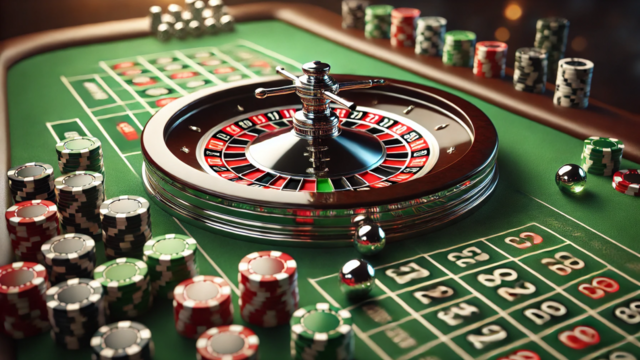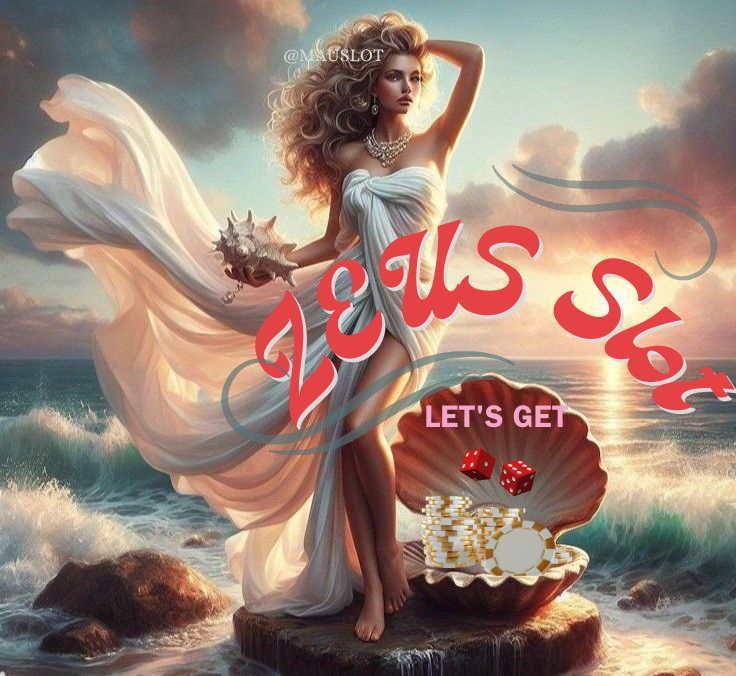1. Introduction: The Role of Divine Guidance in Human Decision-Making
Throughout history, humans have looked to divine forces to explain and guide their choices, from ancient myths to modern spiritual beliefs. Divine guidance has often been seen as a form of higher wisdom, shaping decisions in personal, societal, and even political realms. Understanding this influence requires exploring its roots in various cultures, how it manifests today, and its connection to symbolism and mythological narratives.
Table of Contents
2. Historical Foundations of Divine Influence on Human Decisions
a. Personification of Abstract Concepts: Time and Destiny as Goddesses
Ancient civilizations often personified abstract ideas like time and destiny as divine entities. For example, the Greek goddess Ananke represented inevitability and fate, influencing how individuals perceived their lives as governed by higher powers. Such personifications helped societies conceptualize abstract forces as tangible figures capable of guiding or controlling human destiny, reinforcing the idea that humans could seek divine favor for favorable outcomes.
b. Mythological Narratives of Divine Justice and Vengeance
Mythology often features gods dispensing justice or vengeance, shaping societal norms. Zeus, for instance, was not only a ruler of gods but also a figure of divine justice, punishing hubris or immoral behavior. These narratives serve as moral compasses, demonstrating that divine forces oversee human morality and reward or punish accordingly. Such stories embed the belief that divine guidance can influence human decisions, especially when moral choices are at stake.
c. Rituals and Symbols of Divine Approval
Rituals like crowning victors with laurel wreaths or awarding crowns in competitions symbolize divine approval. Historically, these symbols represented that a divine or higher power recognized excellence or achievement. For example, Olympic victors received laurel crowns, linking human success to divine favor. These rituals reinforced the idea that divine guidance or approval was essential for true legitimacy and recognition.
3. The Concept of Divine Guidance in Modern Contexts
a. How Cultural Narratives Shape Our Understanding of Fate and Morality
Today, cultural stories and media continue to shape our beliefs about fate and morality. Popular narratives often depict characters guided by divine or higher powers, influencing perceptions of what is right or destined. For example, films and literature frequently portray protagonists receiving “divine signs” that steer their choices, reinforcing the idea that some decisions are beyond human control but guided by sacred principles.
b. The Psychological Impact of Believing in Divine or Higher Guidance
Research indicates that belief in divine guidance can boost confidence and reduce anxiety in decision-making. A study published in the Journal of Psychology and Religion found that individuals who perceive divine support are more resilient during challenging choices. This psychological comfort can be a powerful motivator, encouraging persistence and moral integrity.
c. The Influence of Religious and Spiritual Frameworks on Daily Choices
Religious doctrines often serve as frameworks for daily decision-making, guiding adherents in personal morality, career paths, and social interactions. For example, the Christian concept of divine providence encourages believers to trust that God’s plan will unfold, influencing how they approach uncertainties in life. Similarly, spiritual practices like prayer or meditation are seen as ways to receive divine insights into complex decisions.
4. Case Study: The “Gates of Olympus 1000” as a Modern Illustration
a. Symbolism of the Gates as Thresholds Guided by Divine Will
In contemporary digital entertainment, games like free spins maths: 15 to start exemplify how symbolic gateways represent divine or cosmic thresholds. The “Gates of Olympus 1000” metaphorically depict a passage—akin to ancient mythological gates—where divine influence determines the outcome of the player’s journey, blending chance with the notion of divine judgment.
b. How the Game Reflects the Idea of Divine Judgment and Reward
Much like mythological stories where gods judge heroes or mortals, this game introduces a system where outcomes are partly chance, partly merit. Players perceive that their decisions and luck are under divine oversight, echoing ancient beliefs that divine forces reward virtue or punishing hubris. This connection enhances engagement by embedding a sense of sacred oversight into modern entertainment.
c. The Role of Chance and Merit—Paralleling Mythological Prizes
Similar to how crowns or laurel wreaths symbolized divine blessing for winners, modern games often reward players with virtual prizes that evoke divine recognition. The balance between luck and skill in these games mirrors mythological prizes, emphasizing that success is influenced by both divine favor and human effort.
5. Non-Obvious Dimensions of Divine Guidance
a. The Interplay Between Personal Intuition and Perceived Divine Influence
Many individuals interpret gut feelings or intuition as subtle signs of divine guidance. Psychological studies suggest that these internal cues may be influenced by subconscious associations with cultural or spiritual beliefs, acting as modern equivalents of divine whispers guiding critical decisions, from choosing a career to ending a relationship.
b. Cultural Variations: How Different Societies Interpret Divine Guidance Today
While Western traditions often associate divine guidance with monotheistic religions, other cultures interpret divine influence through spirits, ancestors, or cosmic forces. For example, Indigenous communities may see guidance in dreams or rituals, emphasizing that divine influence adapts to cultural contexts but remains a universal human phenomenon.
c. The Potential for Divine Guidance to Reinforce Societal Values and Norms
By framing societal laws or moral codes as divinely ordained, communities reinforce shared values. For instance, many legal systems historically derived authority from divine commandments, shaping norms around justice, family, and community responsibility, illustrating how divine guidance sustains societal cohesion.
6. Ethical and Philosophical Implications
a. Does Belief in Divine Guidance Diminish Personal Responsibility?
This question probes whether reliance on divine guidance leads to moral passivity. Historically, some argue that emphasizing divine will can absolve individuals of accountability, while others believe that divine guidance actually encourages moral responsibility by framing actions within a higher moral purpose.
b. Can Reliance on Divine Guidance Hinder Autonomous Decision-Making?
Overdependence on perceived divine signals might reduce personal agency, fostering a passive attitude toward life choices. Conversely, integrating divine symbolism can inspire confidence in making bold decisions aligned with spiritual values, suggesting a nuanced relationship.
c. Balancing Faith and Reason in Human Choices
An optimal approach combines rational analysis with spiritual intuition. Philosophers like Søren Kierkegaard emphasized that faith complements reason, enabling humans to navigate complex decisions with moral clarity informed by divine principles.
7. Modern Examples of Divine Symbolism in Decision-Making
a. The Use of Mythological Motifs in Contemporary Media and Branding
Brands often adopt mythological imagery to evoke power, wisdom, or divine authority. For example, companies may use images of gods or sacred symbols to suggest trustworthiness and excellence, subtly linking consumer choices to divine-like prestige.
b. Sports and Competitions: The Quest for Crowns, Laurel Wreaths, and Recognition
Athletes and competitors chase symbols of divine approval—such as Olympic gold medals or crowns—believing that success signifies divine favor. This pursuit echoes ancient rituals where victory was seen as a sign of divine blessing, reinforcing the sacred aspect of achievement.
c. Technology and Games: How Virtual Worlds Emulate Divine Judgment
Video games like the “Gates of Olympus 1000” exemplify how modern virtual environments incorporate divine symbolism. These games simulate divine judgment through chance-based outcomes and reward systems, providing players with a sense of participating in a sacred or cosmic order.
8. The Future of Divine Guidance in a Secular Age
a. Emerging Trends: Spirituality Without Organized Religion
Many individuals now seek personal spirituality outside traditional religion, drawing on universal symbols and personal intuition as guides. This trend fosters a personalized form of divine guidance, often integrated with mindfulness and self-awareness practices.
b. The Potential Evolution of Divine Symbolism in Decision-Making Tools and Algorithms
With advances in artificial intelligence, some speculate that decision-making algorithms may adopt divine-like roles, providing guidance that combines data analytics with symbolic or spiritual motifs. This raises questions about the nature of divine authority in an age of technology.
c. The Ongoing Human Quest for Meaning and Guidance
Despite secularization, the human desire for purpose persists. Whether through myth, spirituality, or technology, people continue to seek signs, symbols, and higher guidance to navigate an increasingly complex world.
9. Conclusion: Integrating Ancient Wisdom and Modern Perspectives
The influence of divine guidance endures, shaping individual and societal decisions across ages. Recognizing the symbolic and mythological roots of this guidance enriches our understanding of human behavior. As we navigate modern challenges, integrating ancient wisdom with contemporary insights can foster a more reflective and meaningful approach to decision-making.
“Balancing myth, symbolism, and autonomous agency allows us to make choices rooted in both tradition and reason, fostering a deeper understanding of our place in the cosmos.”
To explore how modern entertainment continues to echo these timeless principles, consider visiting free spins maths: 15 to start—a contemporary example of how divine symbolism persists in our cultural landscape.






